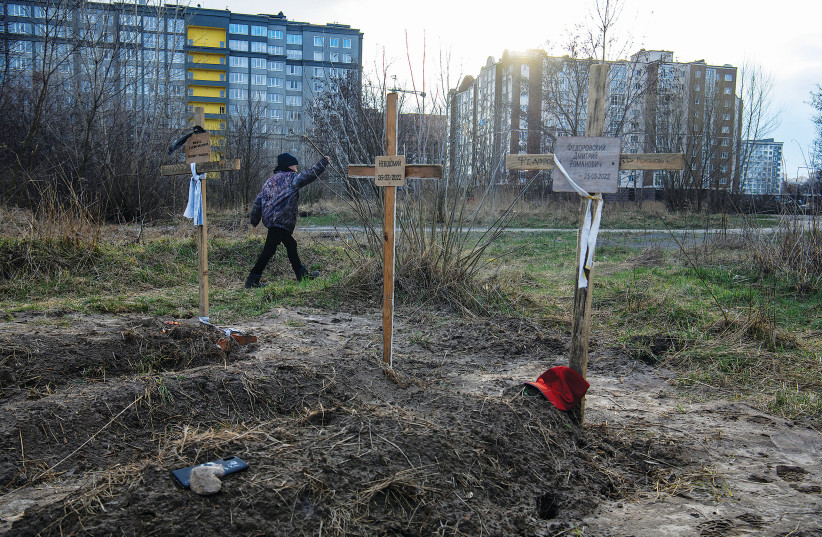The website of Human Rights Watch (HRW) is now unavailable in Russia and has been added to the list of banned sites, Eastern European media outlets reported Monday.
<br>How did this happen?
On Sunday, a single article on the HRW website was blocked in Russia per the request of the Prosecutor General's Office. The article in question is a Russian-language article titled "Ukraine: Civilians fleeing fighting die in Russian attack." This article accused Russia of killing fleeing civilians by continuing to bombard evacuation corridors with artillery shelling, something that violates international law.
Russia's official policy on the invasion of Ukraine – which they refer to exclusively as a "special military operation" – is that the entire operation is to "de-Nazify" Ukraine and that Russian troops only attack military targets and have never fired on civilians.
This claim has been widely disputed by Ukraine and the wider international community, with many pointing to routine bombardments and strikes on civilian infrastructures, such as the infamous Kramatorsk train station attack, and to other atrocities against civilians, such as the alleged Bucha Massacre.

So is the whole website banned?
Officially, no. In practice, yes.
According to Russia's official policy on the matter, only one article is blocked in Russia. The rest of the website is not.
In practice, however, this doesn't seem to be the case.
According to independent Russian-language news outlet Meduza, Russia makes use of a certain https protocol that will make the entire site blocked if just one of the pages is blocked.
<br>Russia cracks down on HRW
This is not the first action Russia has taken against HRW and similar organizations.
In early April, Russia's Justice Ministry closed the local offices of 15 different nonprofit NGOs such as HRW and Amnesty International, according to Meduza.
According to a report in Interfax citing the Justice Ministry, this was done due to "revealed violations of current legislation."
<br>We don't talk about war
Russia has cracked down on independent reporting regarding the conflict in Ukraine and forced many independent news outlets to shut down.
Further, a law was passed by the Russian legislature that makes it illegal to report any event that could discredit the country's military.
This law targets not only journalists but also individuals who spread anything the Kremlin considers "fake news" in relation to the Russian military on social media. Violating this law could carry a 15-year prison sentence.
Reuters contributed to this report.
